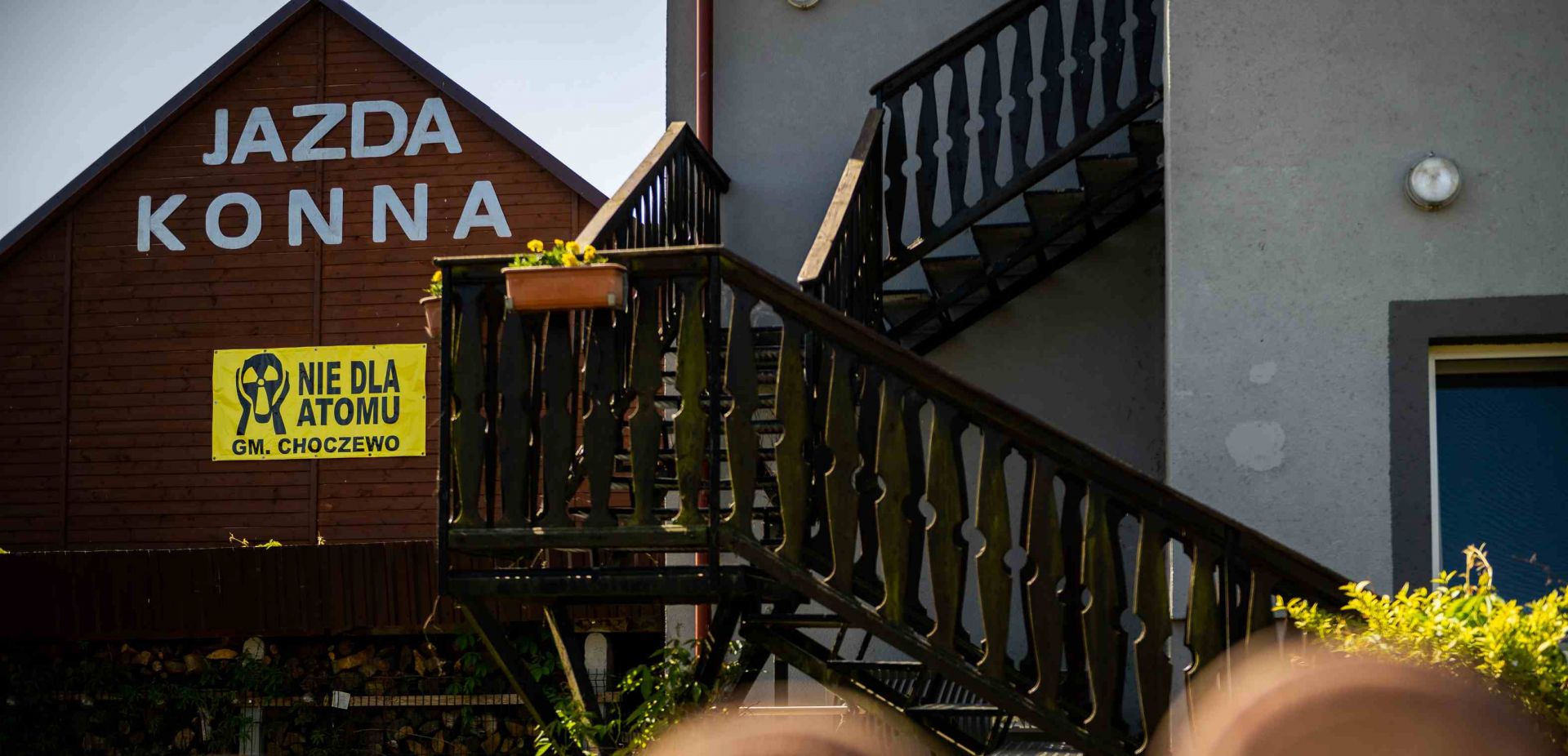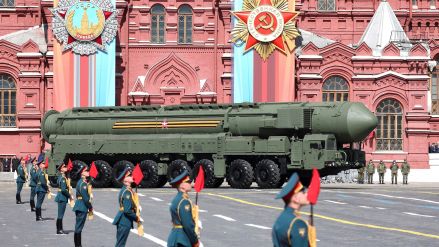I can't even remember now when I first realized that our skeptical fathers and professors were right. There will never be a nuclear power plant here as long as Russian influence, though invisible, is so strong that a reason for not building it will always be found. Someone somewhere will lose a document that should have been signed. Someone somewhere will misplace a prepared research project. Someone will have an "even better" idea. Someone will change the agenda. Some small accident or some other mess will happen somewhere. This is not a conspiracy theory. These are the hard facts – or rather the absence of them. No power plant.
I have even started teaching journalism students about it: that only our own nuclear power plant will be proof that Russian influence has ceased to reach the highest levels of decision-making. I have already told my older grandchildren that if a nuclear power plant finally comes to Poland in their lifetime, it will mean the real end of Russian agents.
Slowly, very slowly, maybe even slower than slowly, but still one can hope for it? Can one or two decommunization laws or perhaps the one about the Russian influence contribute to this?
Of course, I have a problem. What to do with my nice holiday hosts from this far-away village, where, just to get to the beach. one has to ride a horse, or a bicycle or drive a melex or even walk a few kilometers on foot. I do not want to offend their feelings and calculations in any way. I don’t want to connect them in any way with my otherwise brutal conclusion that those who refuse a nuclear power plant are subject to Russian influence. Of course, I don’t want it.
The hosts have their vital interests: their horses and bees, their forest and fish. That's why they protest. They do not have to think about diversification of energy sources, as this is termed in the world. And they have their rights. But they also have the memory of their ancestors, who often moved [to the Choczewo district] after being displaced from the eastern borderland settlements. It is written in their genes. They are not autochthons. They have already suffered from Russian oppression. But this article is not about them and not about their protest.
The lack of a nuclear power plant not only implies a catastrophic technical backwardness with connotations of enslavement and dependence. It also means the lack of full control over our country, of our economic, geopolitical and strategic life. Finally, there is an opportunity to try to really do something about it. Because if nothing comes of it again, the opportunity may not arise again for a long time.
– Barbara Sułek-Kowalska
TVP WEEKLY. Editorial team and jornalists
– Translated by Agnieszka Rakoczy

 SIGN UP TO OUR PAGE
SIGN UP TO OUR PAGE 





